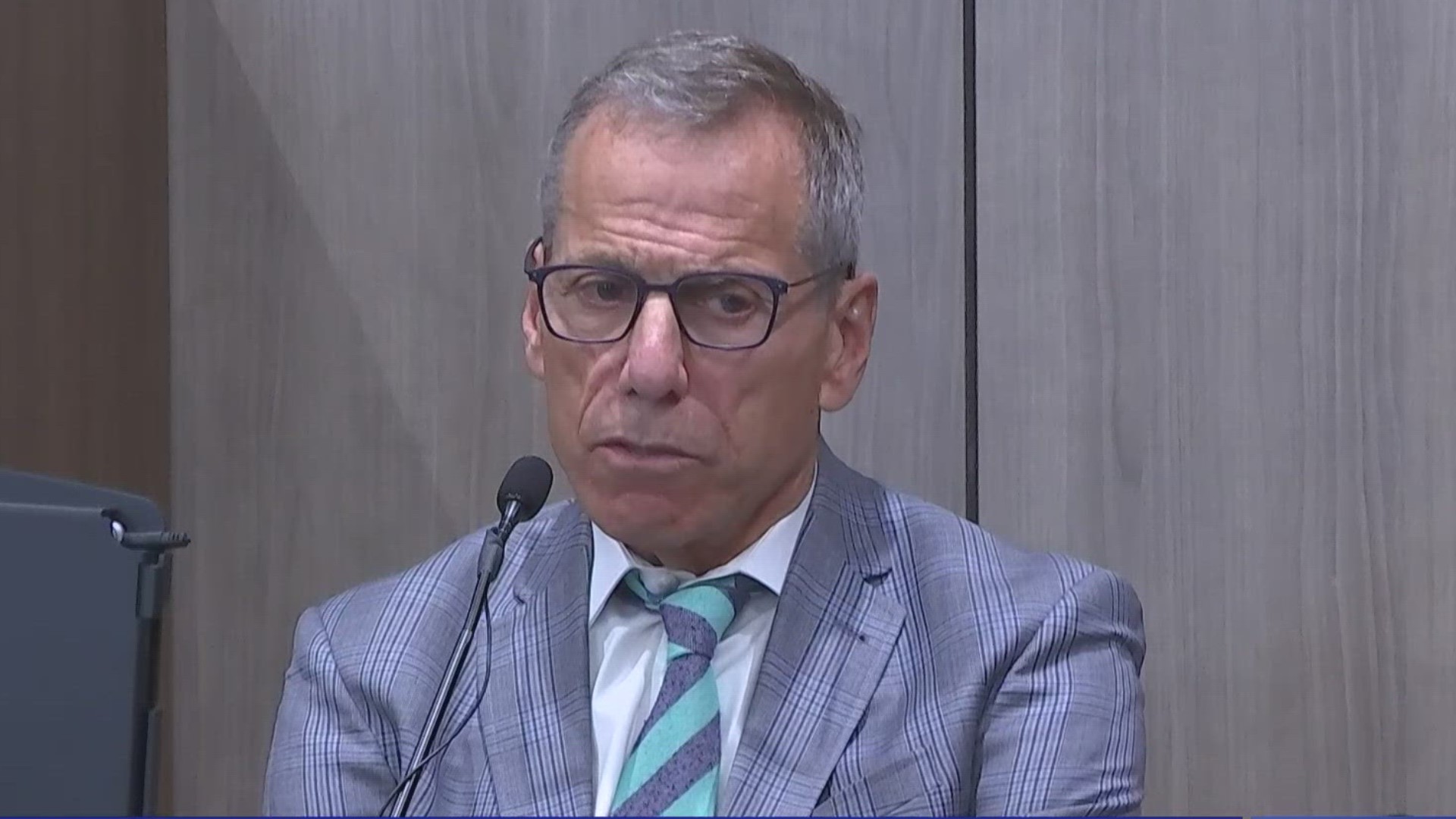VENICE, Fla. — Jurors heard from more doctors who testified for the defense in the "Take Care of Maya" trial which continued into its fourth week inside a Venice courtroom.
The case involved the family's $220 million lawsuit against Johns Hopkins All Children's Hospital regarding the treatment of their daughter, Maya Kowalski.
Along with the doctors, forensic medical records and a Complex Regional Pain Syndrome expert weighed in for the defense and slammed the doctors who treated Maya before she was taken to the emergency room at the hospital.
In his testimony, retired Stanford Medicine pediatrician Dr. Elliot Krane called into question a number of issues, including the validity of Maya's CPRS diagnosis and the ketamine treatment she received from at least three doctors.
Krane has never met nor treated Maya Kowalski but reviewed a combination of her medical records for the defense.
"I didn't see anything to suggest to me that she had CRPS at any point in her history," Krane said.
Krane was of the opinion that Maya Kowalski didn't meet the criteria for CRPS.
"Neither Kirkpatrick nor Hanna reviewed the records from Tampa General, and Lurie's Children's Hospital as far as we can tell," Krane said. "They certainly didn't make any note of it in their record. There were very significant discrepancies between the symptoms that she was reporting and their physical examination findings.
"Coming to a diagnosis when faced with that is a slow process that takes and requires a long period of observation in order to decide exactly what's going on."
Krane added instead the first resort was not just to go to the option of ketamine treatment, but to high doses which was very concerning, he concluded.
"By October 2016, he was using doses in the range of 25 to 30 mg per kilogram per hour. Which is 10 times the typical anesthetic for patients."
He testified their general treatment and handling of Maya Kowalski as a patient fell short of professional standards.
"The record-keeping was terrible. It was just terrible," Krane said. "It was skeletal and minimum at best in terms of measuring vital signs and recording levels of consciousness and that is to say it violated the standard of care for an anesthesiologist."
Krane said he also believed Maya Kowalski developed a tolerance and had become dependent on ketamine by the time she became a patient at All Children's.
On cross-examination, Greg Anderson, the Kowalski's lawyer, challenged some of Krane's assertions.
"You are refuting the diagnosis of CPRS by at least five physicians, are you not?" asked Anderson.
"I am telling you that, from my reading of the charts, and in agreement with many physicians who saw her in Children's Hospital, I did not see any evidence to support the diagnosis of CRPS," Krane responded.
According to medical journals on CPRS and even Stanford Medicine's website, the key symptoms that qualify a patient for the diagnosis are severe pain, swelling, loss of range of motion, temperature changes and changes in the skin. Symptoms that Maya Kowalski and her father Jack and other doctors and therapists who worked with her testified were present.
Krane also testified that he has seen more than 2,000 cases of CRPS throughout his career and has never used intrathecal pain pumps as requested by Maya Kowalski's mother, Beata Kowalski, in any of his pediatric patients.
On Monday, a number of doctors also testified as to why they had several concerns about the nature of Maya Kowalski's illness and why they suspected her mother of Munchausen Syndrome by proxy.
The defense, with their witnesses, tried to establish that Maya Kowalski did not have Complex Regional Pain Syndrome to begin with. The lawyers argued that instead, this was a case of Munchausen Syndrome by proxy in Beata Kowalski, which caused her to amplify her daughter's illness.
One doctor who treated Maya in October 2015 and then in December 2015 said that he had communicated his suspicions about over-medicating Maya and a neurological component of her illness to her primary physician at least a year before she was taken to Johns Hopkins All Children's Hospital.
"From my reading of the documents I received before her second visit, I can only use the words, 'did not add up,'" said Dr. Elvin Mendez, the first witness to take the stand.
The family is suing the hospital for medical malpractice, battery and false imprisonment for keeping Maya from them for 87 days starting in October 2016 to January 2017.
They also blame hospital staff for Maya's mother's suicide on Jan. 7th, 2017 over allegations of child abuse.

